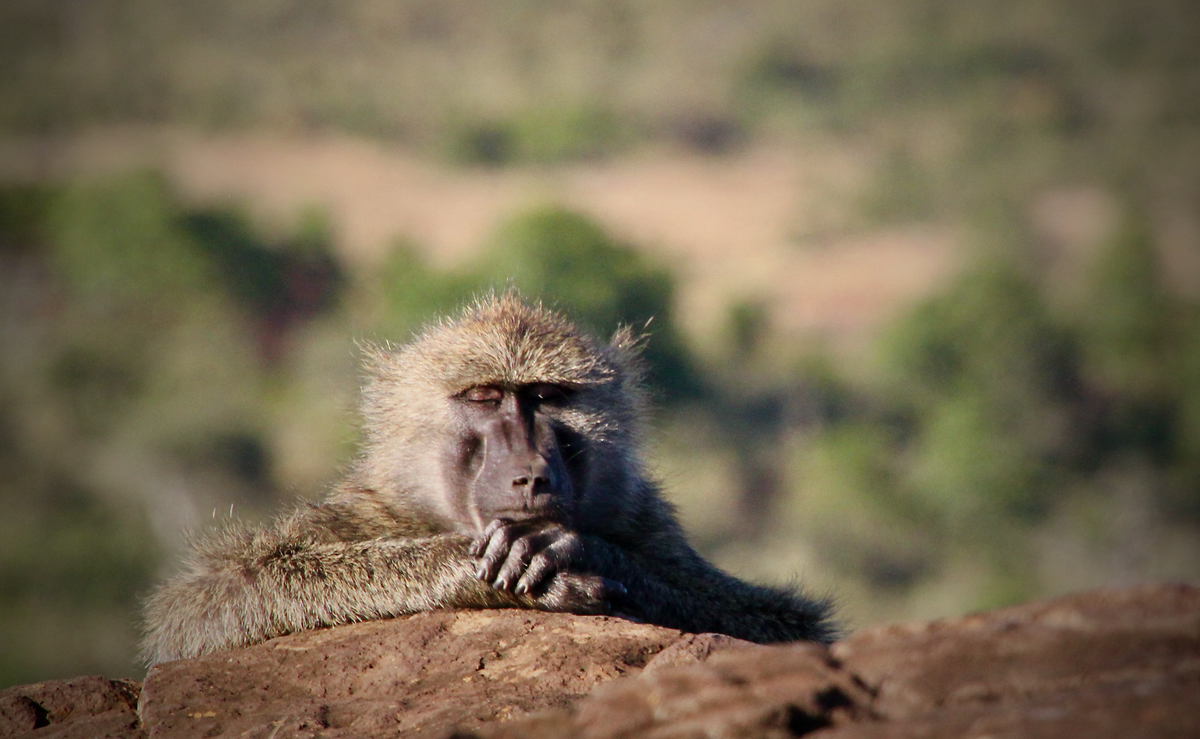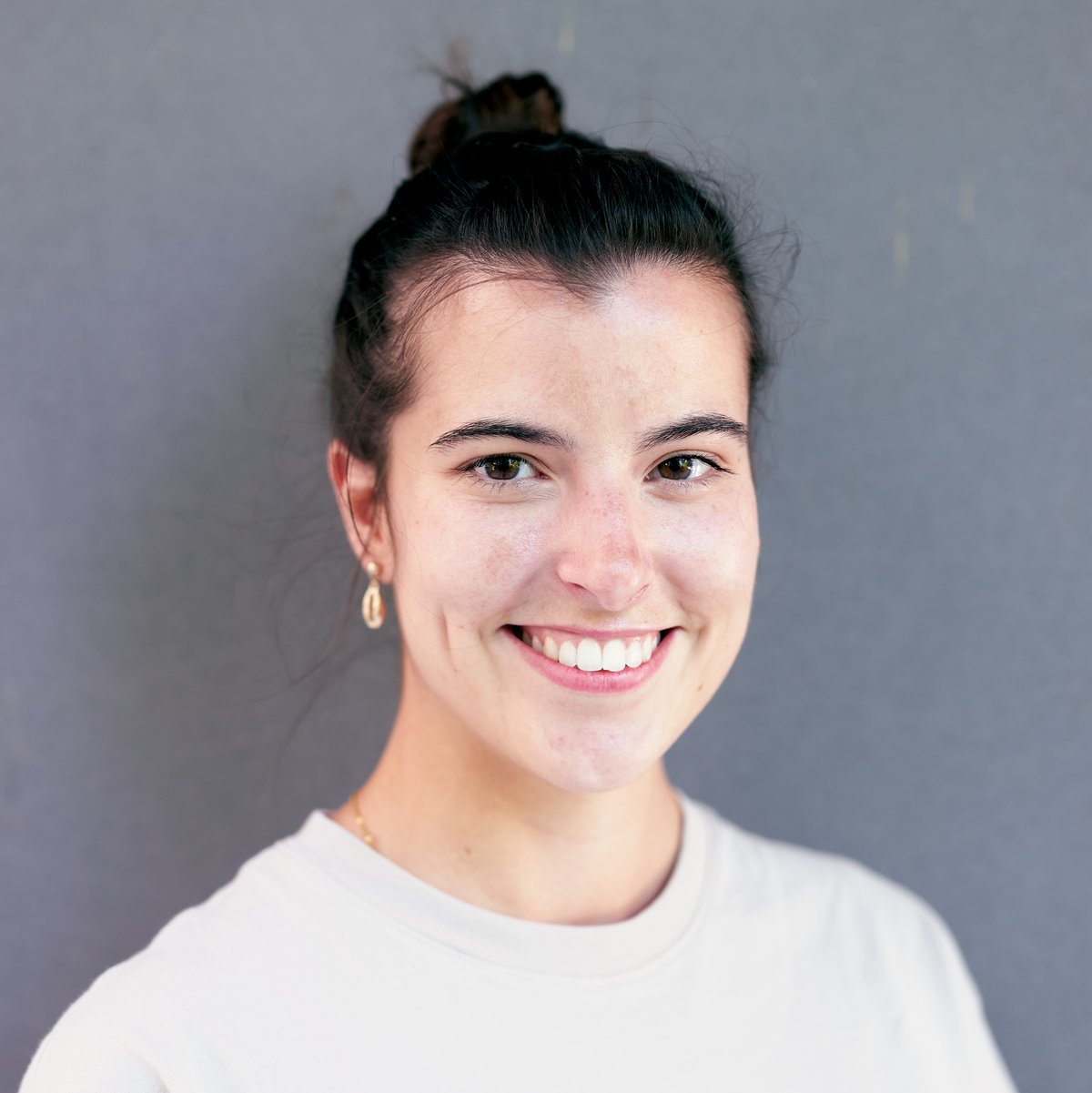Collection ‘Reforming the Common European Asylum System’ (Open Access)
Timely and profound collection of high-quality contributions, written by experts from across Europe, on the ongoing policy debate on the reform of Common European Asylum System. Contributions combine an in-depth presentation with a style of argument that addresses a broader audience: fellow academics, students and PhD researchers, practitioners, and political actors. Attention to the legislative detail coincides with an awareness of the broader picture in terms of policy developments, human…
Read more






